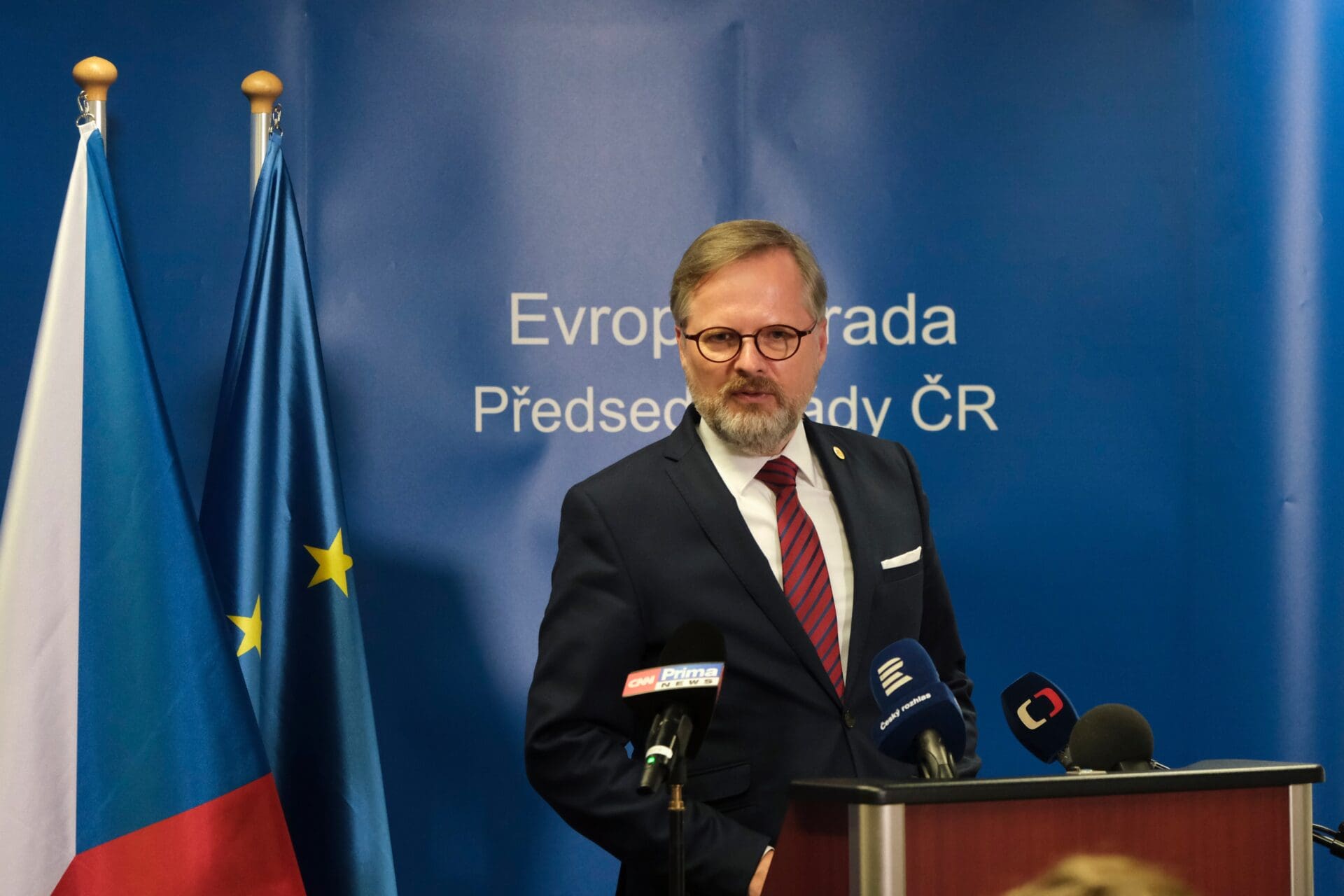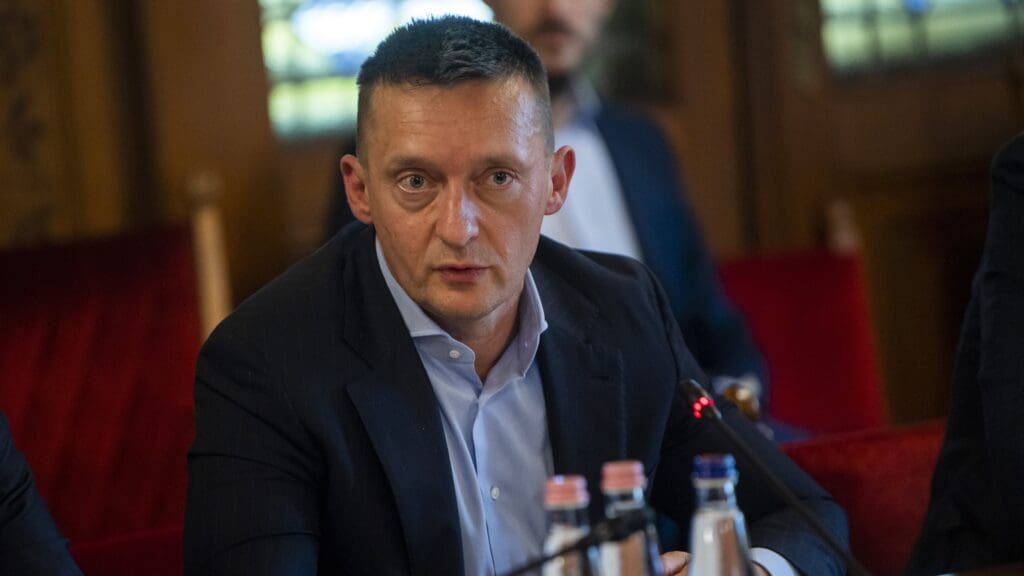As we have written earlier, sanctions have led to an economic crisis in the United Kingdom, and have apparently also hurt the national economies of EU member states more than Russia. The deepening energy crisis has hit Central Europe particularly hard. Czechia, for instance, now has the highest electricity costs in the EU in terms of purchasing power parity. In July, the average kilowatt/hour electricity price in Prague was at 52.15 cents, while the same figure in London was ‘only’ 51.85 cents, in Rome 46.85 cents and in Hungary a 16.20 cents. As the impact of the spiralling energy prices is beginning to put a strain on consumers in Czechia, tens of thousands of people decided to take the streets.
Worried that they will be unable to heat their houses in the coming winter, 70 thousand demonstrators filled the streets of Prague on Saturday, protesting at rising energy bills and the government’s policy with regard to the war in Ukraine. Protesters gathered in the Wenceslas Square demanding the resignation of centre-right prime minister Petr Fiala, an end to EU sanctions on Russia and that Czechia remain neutral in the current conflict. According to the organisers of the event, the rising cost of living and skyrocketing energy prices were the main triggers of the protest. Speakers at the demonstration demanded that the government secure contracts with gas suppliers, Russia included.
The protest comes just after the centre-right government (a five party coalition having 108 of the 200 seats in the Czech Parliament) has survived a vote of no confidence. The opposition cited two main reasons for the motion: first, government corruption, and second, alleged inaction on the part of government to stop inflation and battle the rise in energy prices. In its defence, the coalition government argued that it has in fact introduced a special tariff to support households and businesses in paying for energy, and that it has also launched a website calculator to assist retail customers in finding out what government subsidies they are entitled to. Fiala vowed to dedicate 177 billion Czech crowns (around 3 per cent of the Czech gross domestic product) to help households deal with the skyrocketing prices. The unsuccessful vote of no confidence was held after a 22-hour-long debate in the Czech parliament.
Dismissing the protests as ‘pro-Russia’, Fiala warned about the spread of Russian disinformation in the country. The protests—which are to a great extent against EU sanctions—are particularly inconvenient for the government as the country took over the presidency of the Council of the European Union on 1 July 2022. Such extensive dissatisfaction with key EU policies is extraordinary in a country that currently holds the rotating EU presidency—especially as the EU struggles to reach a consensus among member states over the sanctions on Russia.
Quite revealingly, the slogan of the protest was ‘Czech Republic First’. The slogan reflects the growing scepticism of the people of Europe regarding the financing of Ukraine with taxpayers’ money. Since the beginning of the war, Czechia has received over 400, 000 Ukrainian refugees and has supported the war-torn country with aid and ammunition. People feel that Prague has done its part in terms of humanitarian assistance, and the Czech people are now demanding that their government puts them first. This in fact makes sense: neither the EU nor the Czech government should expect families to pay endlessly for a war that is happening in a country that is not their own.








